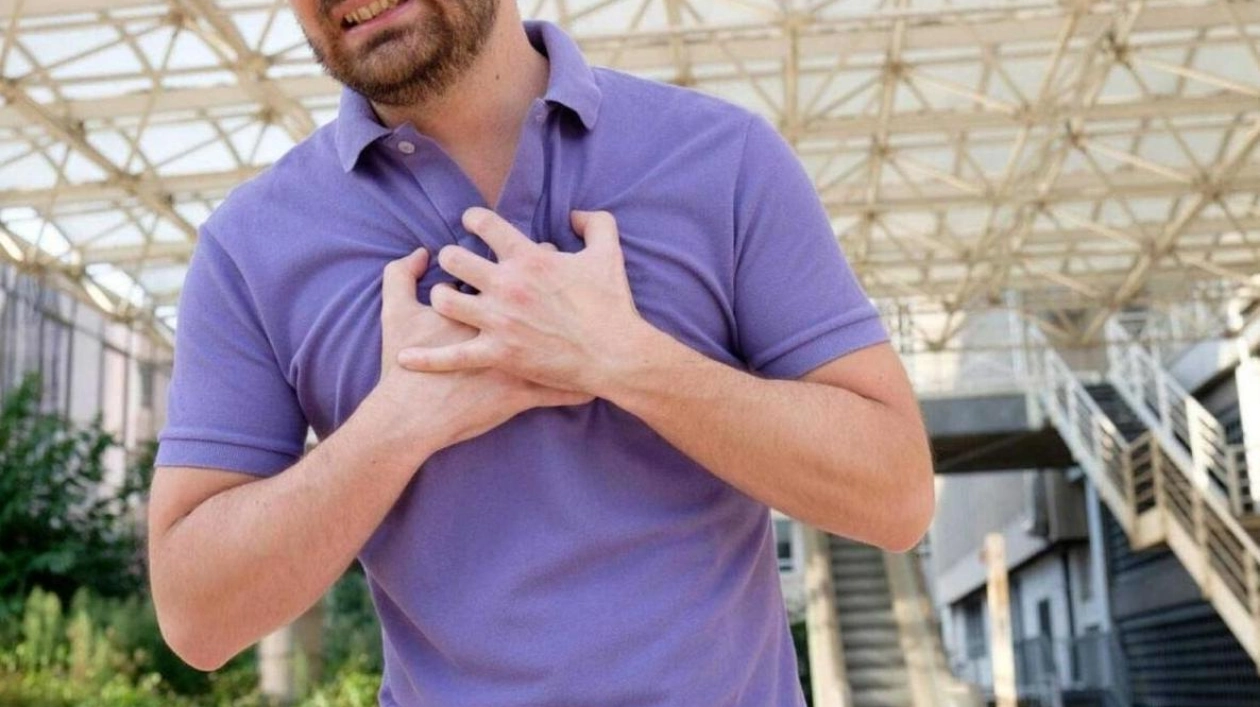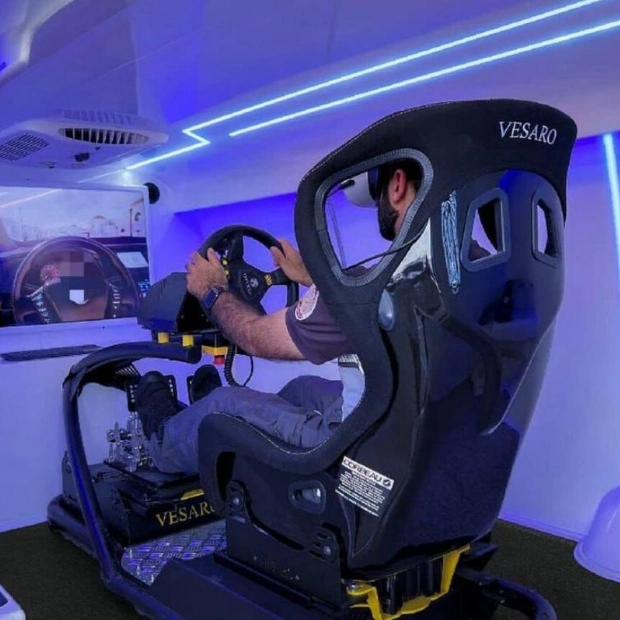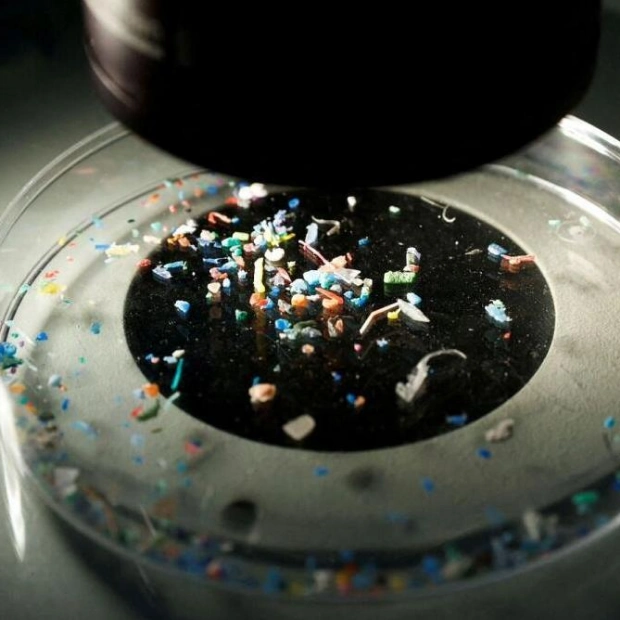Doctors express concern over the high number of strokes among UAE residents, with estimates suggesting that between 9,000 and 12,000 people experience a stroke annually. Notably, half of these cases involve individuals under the age of 45, which is significantly younger than the global average of 65.
Two recent cases at Zulekha Hospital Sharjah highlight the issue. One patient, a 45-year-old male with diabetes and a smoking habit, experienced sudden weakness on the left side of his face and arm. After a thorough examination, he was diagnosed with an acute stroke and subsequently recovered. Another patient, aged 42, had uncontrolled hypertension, obstructive sleep apnea, and an irregular diet. His sedentary lifestyle led to multiple minor strokes, but with proper management, he showed significant improvement.
Both patients had uncontrolled risk factors exacerbated by their sedentary lifestyles. Stroke is the second leading cause of death in the UAE, following heart attacks, and is a major cause of permanent disability. It occurs due to a sudden blockage in brain blood supply, often due to a blood clot, leading to brain tissue death within minutes.
Dr. Sandeep Burathoki, a consultant interventional radiologist at International Modern Hospital Dubai, emphasizes that stroke is preventable. He notes that timely intervention within four and a half hours can dissolve clots using clot-busting medications. Advanced endovascular treatments can remove clots using special metallic meshes or vacuum pumps, extending treatment options up to 24 hours in some cases.
Dr. Gene Ann Thomas, a specialist neurologist at Zulekha Hospital Sharjah, points out that the UAE's younger population is particularly vulnerable to stroke due to lifestyle factors such as sedentary habits, diet, and work stress. The COVID-19 pandemic has also been linked to increased vascular events like strokes and heart attacks.
Dr. Bahareh Bazooyar, a specialist neurologist at Canadian Specialist Hospital Dubai, highlights the trend of younger stroke patients in the UAE, with the average age of onset now at 45. He attributes this to the fast-paced urban lifestyle, which includes stress, lack of physical activity, and high-calorie diets.
Dr. Victor Urrutia, director of the Sheikh Khalifa Stroke Institute, discusses how technology and AI are aiding in identifying risk factors and developing future stroke treatments. Telemedicine initiatives are expanding the reach of stroke care, ensuring that even remote hospitals can promptly identify and treat strokes.
Dr. Anoop Narendran, a specialist neurosurgeon at Medcare Royal Specialty Hospital, advises adopting preventive measures to reduce stroke risks. Regular health check-ups, a healthy diet, regular exercise, and stress management are crucial. He also warns about transient ischemic attacks (TIAs), which can increase the risk of stroke within days or weeks.
Source link: https://www.khaleejtimes.com






